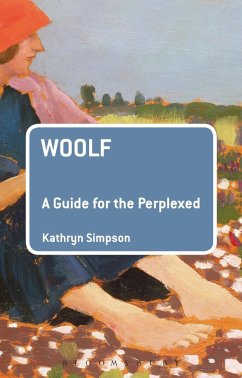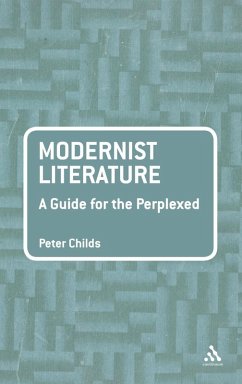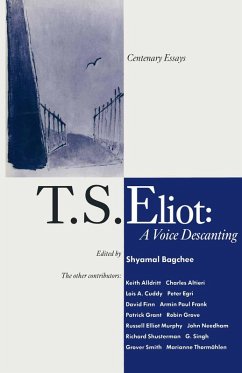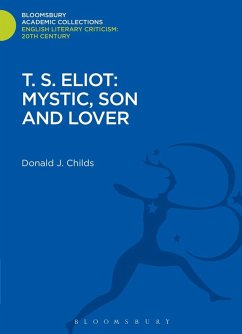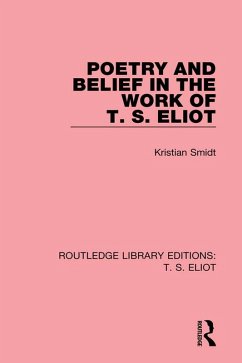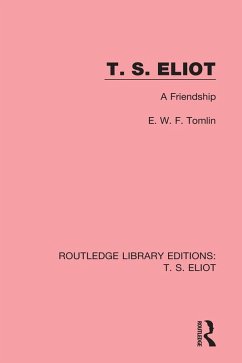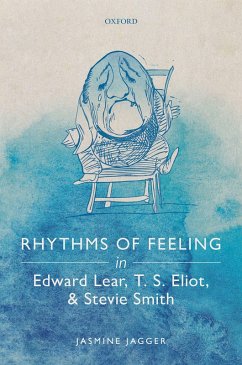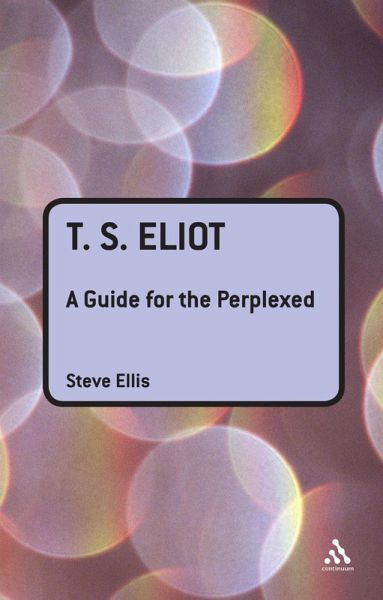
T. S. Eliot: A Guide for the Perplexed (eBook, PDF)
Sofort per Download lieferbar
18,95 €
inkl. MwSt.

PAYBACK Punkte
9 °P sammeln!
T. S. Eliot is one of the most celebrated twentieth-century poets and one whose work is practically synonymous with perplexity. Eliot is perceived as extremely challenging due to the multi-lingual references and fragmentation we find in his poetry and his recurring literary allusions to writers including Dante, Shakespeare, Marvell, Baudelaire, and Conrad. There is an additional difficulty for today's readers that Eliot probably didn't envisage: the widespread unfamiliarity with the Christianity that his work is steeped in. Steve Ellis introduces Eliot's work by using his extensive prose writi...
T. S. Eliot is one of the most celebrated twentieth-century poets and one whose work is practically synonymous with perplexity. Eliot is perceived as extremely challenging due to the multi-lingual references and fragmentation we find in his poetry and his recurring literary allusions to writers including Dante, Shakespeare, Marvell, Baudelaire, and Conrad. There is an additional difficulty for today's readers that Eliot probably didn't envisage: the widespread unfamiliarity with the Christianity that his work is steeped in. Steve Ellis introduces Eliot's work by using his extensive prose writings to illuminate the poetry. As a major critic, as well as poet, Eliot was highly conscious of the challenges his poetry set, of its relation to and difference from the work of previous poets, and of the ways in which the activity of reading was problematized by his work.




